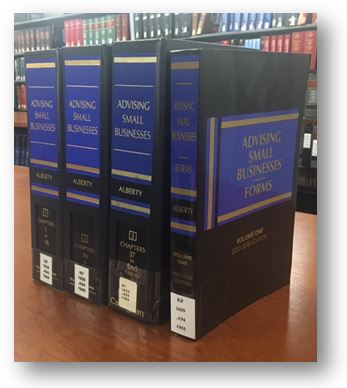Continuing with Wills and Probate Law Resource Month, the Harris County Law Library is pleased to have available the new edition of Wills Road Map: Practical Considerations in Will Drafting. Now in its third edition, Wills Road Map outlines the fundamental concepts that attorneys need to consider when preparing a will and when upholding the validity of such will. The authors begin with a discussion of the basic requirements of a will, including those that are statutorily-mandated and those that have been derived from years of case law. They provide examples of some specific will provisions and their purposes, including those that identify the testator, his/her family, and the property being disposed under the will, and some other miscellaneous provisions, such as definitions, in terrorem clauses, and the attestation clause. The authors also provide some insight into the substantive laws that affect the disposition of assets under a will, such as those regarding extraneous references and integration, and legal doctrines that may affect specific bequests, such as ademption and abatement. They round out their discussion of practical considerations by addressing trust planning, fiduciary powers and trust administration, and revocation of a will.
With both the general practitioner and the wills and estate planning specialist in mind, the authors have prepared a guide that not only covers the law surrounding the preparation and execution of wills but also the practical aspects in drafting them. In the appendixes, you can find a checklist for will review, client information questionnaires, and some samples of basic will forms. Next time, you are visiting the Harris County Law Library, have a look at Wills Road Map: Practical Considerations in Will Drafting. Just ask for it at the Reference Desk.








